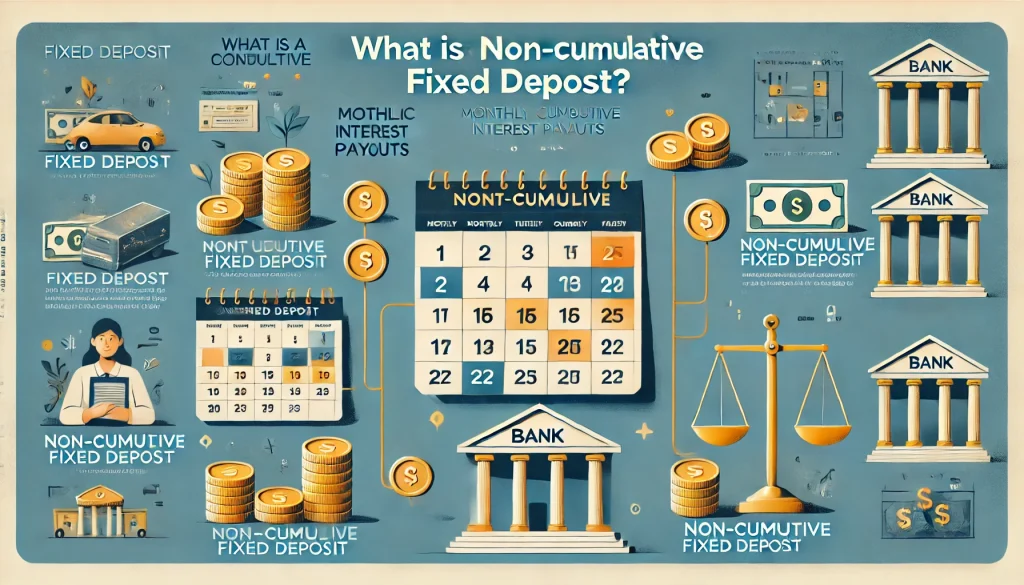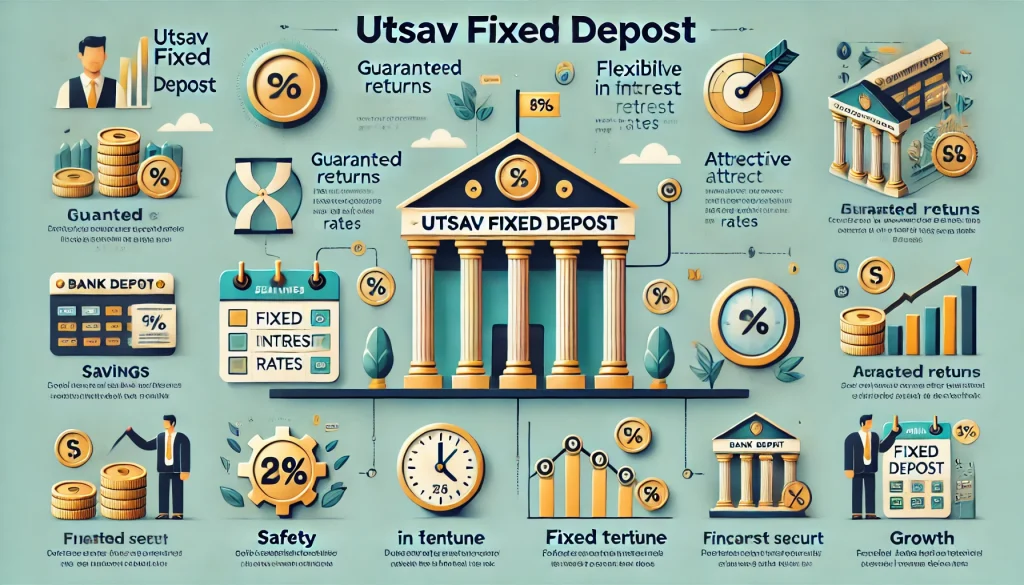
Do you want a fixed income but want to diversify your investment portfolio at the same time? Then, you must know about the different types of debentures. Before we dive into more details about its types, you may want to know what debentures are. Well, these are long-term debt financial instruments issued by governments or private companies to raise funds for new projects.
In this blog, we will discuss the types of debentures that you need to know to make an informed investment decision.
Types of Debentures
In this section, we will explore different types of debentures.
On the Basis of Convertibility:
Let us find out how debentures are classified based on convertibility.
Convertible Debentures
When investors hold convertible debentures, they can convert their holdings into equity shares. Convertible debentures can be further classified into fully convertible debentures and partially convertible debentures.
1. Fully Convertible Debentures
As the name suggests, fully convertible debentures (FCDs) involve the conversion of the entire value of the debentures into equity shares depending on the issuer’s notice. The most important feature of FCDs is that the issuer can force the conversion of debentures to equity shares if needed.
When all FCDs get converted to equity, it protects the issuing agency from market risk. Upon full conversion, investors become shareholders of the company. An important benefit of FCDs is that they help businesses go through recessions.
2. Partially Convertible Debentures
Partially Convertible Debentures (PCDs) are different from FCDs. As an investor, you can retrieve a portion of the value of debentures in cash. The remaining debt will automatically be converted to equity.
Non-Convertible Debentures
Non-convertible debentures are those financial securities where debenture holders cannot convert their holdings to equity. These debentures remain as debt for the entire investment tenure.
1. On the Basis of Registration
Different types of dentures can also be classified based on their registration.
2. Registered Debentures
The debenture holder’s name and address along with all information relevant to the holding of debentures are registered with the issuer when it comes to registered debentures. These debentures are transferable by only executing a transfer deed.
3. Unregistered Debentures
One can transfer unregistered debentures easily to new holders by delivery because the issuer does not have the previous holder’s record.
On the Basis of Tenure
Let us now discuss how debentures are classified based on tenure or redemption.
1. Redeemable Debentures
The certificates of such debentures mention a particular date of redemption. The issuer is legally obliged to repay the principal amount with interest to the debenture holder within the redemption date.
2. Irredeemable Debentures
Irredeemable debentures do not have any specific time of redemption on their repayment terms. When it comes to irredeemable debentures, the redemption of debentures will take place through liquidation by issuing entities. However, redemption can also take place according to an agreement between the concerned parties.
On the Basis of Security
Depending on the security of the borrowed sum, there are two categories of debentures.
1. Secured Debentures
These debentures are backed by an asset or a set of assets, serving as collateral security, which investors can easily liquidate if needed. You can classify secured debentures further into mortgaged and second-mortgaged debentures.
2. Unsecured Debentures
When an authority issues debentures solely based on its goodwill and creditworthiness, those debentures are known as an unsecured debenture or naked debenture. This type of debenture comes with zero collateral security.
On the Basis of Coupon Rate
Debentures are classified into these categories, depending on their underlying coupon rates.
1. Specific Coupon Rate Debentures
These financial instruments are normal debentures with a fixed rate of interest.
2. Zero-Coupon Rate Debentures
These debentures come with no coupon rate. In other words, the debenture holders are not eligible for an interest payment.
3. Secured Premium Facility
Debentures with a secured premium facility are redeemable at a premium over the nominal value of the debentures.
On the Basis of Redemption
You can also categorize debentures based on redemption.
1. Callable Debentures
In some cases, the issuing agency has every right to redeem their debentures during tenure. The debentures that are redeemable at a premium before maturity are callable debentures.
2. Puttable Debentures
When it comes to puttable debentures, investors can make a request to the issuer to use the principal payment to settle the loan.
3. Subordinated Debentures
These financial securities are provided high priority as against other debt instruments when an entity is heading towards liquidation.
4. Participating Debentures
Participating debentures are common investment options in venture capital financing. There are three important phases when it comes to accruing interest from such debentures. At the initial phase, interest is not payable. Then in the second phase, a low interest rate is charged. The interest rate which gets charged during the final phase is the highest.
Conclusion
There are multiple options available for private companies and governments when it comes to raising capital through debentures. The same goes for investors who can choose the most suitable investment option among the different types of debentures, based on their preference and financial objectives. In that case, it is in the best interest of investors to know and evaluate all kinds of debentures before prioritizing one.
Frequently Asked Questions
No, debenture holders do not have the right to cast their vote in the management decisions of a company. Holding debentures does not make an investor a part-owner or partner of a firm.
Governments and private companies issue debentures to raise money for growth and expansion. By investing in debentures for a long tenure, individuals earn more secured interest than stocks. These debentures are issued at a discount or par. Upon completing the term, an issuer repays the initial investment made in its debentures.
The risks generally associated with debentures include interest rate risk, liquidity risk and credit or default risk.
A safe and regular income (through those debentures which offer periodic interest payments), portfolio diversification, fixed returns and liquidity are some of the benefits of investing in debentures.A safe and regular income (through those debentures which offer periodic interest payments), portfolio diversification, fixed returns and liquidity are some of the benefits of investing in debentures.
Yes, banks or other financial institutions are eligible to invest in debentures.


